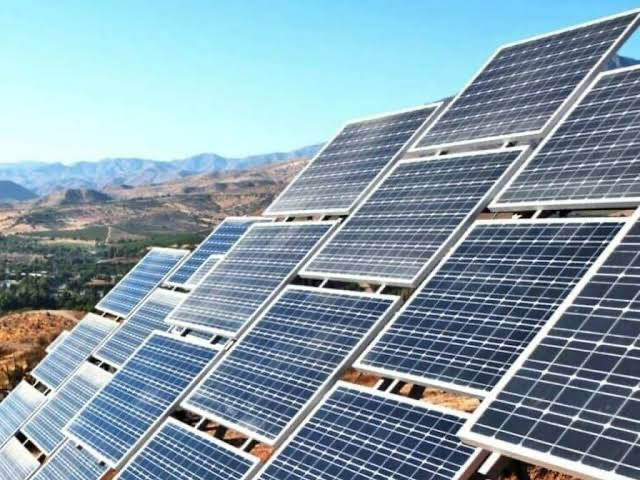South Africa’s solar industry is facing a new challenge. The International Trade Administration Commission (ITAC) has announced a 10% duty on imported solar panels. This decision, made to protect local manufacturers, is likely to increase costs for consumers, according to the South African Photovoltaic Industry Association (SAPVIA).
ITAC’s rationale for the duty includes protecting local manufacturers, attracting new investments, and encouraging the localization of certain inputs. The proposal came in response to an application by Amisec (Pty) Ltd, trading as ARTsolar. ITAC concluded that tariff support would enable the domestic industry to improve production capacity, achieve economies of scale, and create jobs.
However, SAPVIA argues that the 10% duty on imported solar panels will be passed on to consumers. South Africa imported solar panels worth R17.5 billion last year amid record periods of load shedding. SAPVIA believes the immediate introduction of this duty is not ideal.
ITAC considered several factors in imposing the duty. These include recent disinvestment by domestic manufacturers, a significant decline in production and sales, rising production costs, and substantial price disadvantages compared to imported products. The duty aims to address these issues and will be reviewed after three years.
SAPVIA expressed surprise that the duty was imposed without formal industry engagement. “We were made aware of the application by a notice issued in the Government Gazette on August 25, 2023,” explained Dr. Rethabile Melamu, CEO of SAPVIA. SAPVIA responded with a request for extensive engagement with ITAC and relevant stakeholders to explore a more meaningful approach to supporting local manufacturing.
SAPVIA supports the localization of components but emphasizes the need for thorough engagement with industry stakeholders. “We believe the industry is critical to determining the impact of supporting mechanisms, including an import duty,” Melamu stated.
Melamu believes that the immediate implication of the duty will be a 10% price increase for consumers. SAPVIA is engaging with authorities to understand the rebate mechanism and will communicate this to its members. Despite recent declines in module prices, solar panels still constitute a significant portion of total Solar PV project costs.
SAPVIA highlights that local assembly facilities import most components required for module assembly, with minimal localization of upstream components. The local module assembly capacity is approximately 620MW per annum, while the current annual demand is around 3,000MW, five times what local plants can offer.
The introduction of the duty comes at a time when South Africa is heavily investing in renewable energy. SAPVIA has been a proponent of localizing the solar PV value chain. The association commissioned studies to identify localization potential across the entire value chain in 2022 and 2023. These studies provided key findings and recommendations for supporting localization.
Despite the challenges, SAPVIA remains committed to promoting the solar industry in South Africa. The association is working to gain clarity on the rebate mechanism and to support its members through this transition. The immediate introduction of the duty, however, presents significant concerns for both the industry and consumers.
South Africa’s push for renewable energy is crucial in addressing its energy challenges. However, the introduction of a 10% duty on imported solar panels has raised significant concerns. SAPVIA warns that this decision could lead to higher costs for consumers, potentially slowing the adoption of solar energy in the country.
The solar industry in South Africa must navigate these new challenges while continuing to support the localization of manufacturing. SAPVIA’s engagement with ITAC and other stakeholders will be vital in addressing these concerns and ensuring the continued growth of the renewable energy sector in South Africa.
Source: ESI Africa



